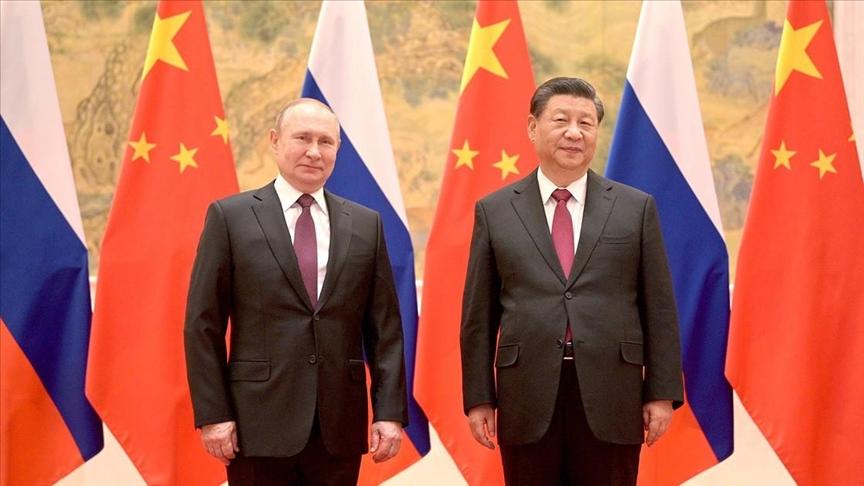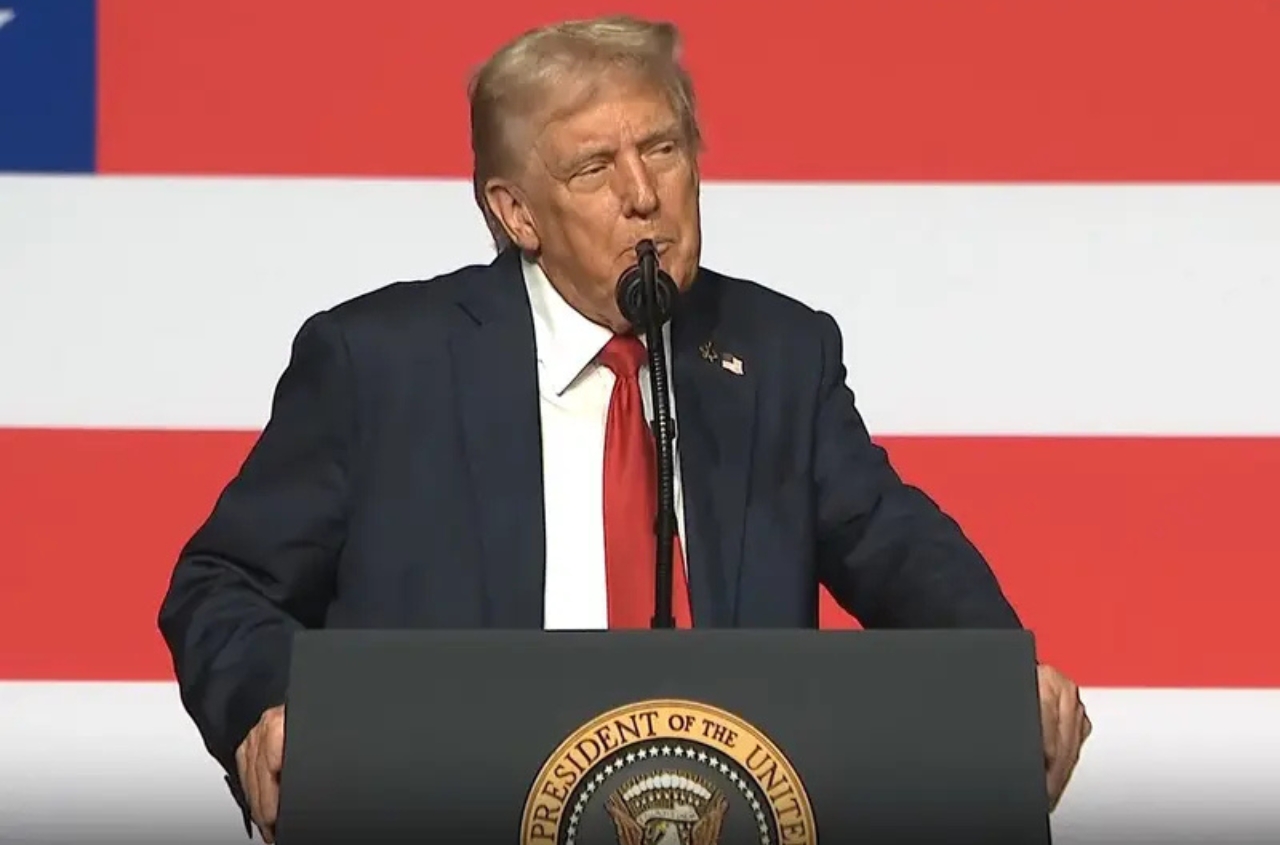The second day of Chinese President Xi Jinping’s visit with Russian President Vladimir Putin continued to suggest that Putin has not been able to secure the no-limits bilateral partnership with China that he likely hoped for.
Putin and Xi signed a “Joint Statement by the Russian Federation and the People’s Republic of China on Deepening Comprehensive Partnership and Strategic Cooperation, Entering a New Era†on March 21, which stressed that Russian–Chinese relations are comprehensive, strategic, and at the highest level in history.
The Joint Statement outlines a variety of bilateral intentions and affirms the commitment of Russia and China to each other’s state sovereignty and territorial integrity, among other diplomatic promises.
The commitments made by Xi and Putin were notably lopsided, however, indicating that Xi is agreeing to a more reserved version of Russian–Chinese relations than Putin likely desires, as ISW observed on March 20.
Xi praised Putin, reaffirmed China’s commitment to Russia in the UNSC, and amplified China’s position on a political settlement of the war in Ukraine; but Xi did not go much further than offering those statements.
Putin, by contrast, announced a number of measures that signal Russia’s continued orientation towards and dependence on China in the energy and economic sectors, which appear very one-sided compared to Xi’s relatively tempered commitments.
Xi additionally did not signal an intent to provide support for Russia’s war in Ukraine beyond vague diplomatic assurances, which is likely a step down from what Putin hoped to secure in negotiations. Putin has likely failed to secure the exact sort of partnership that he needs and desires, and Xi will likely leave Moscow having secured assurances that are more one-sided than Putin intended them to be. Putin observed that Russia and China had “a very substantiative and candid exchange of views†on the prospects for the further development of Russian-Chinese relations. Such rhetoric notably lacks the language normally used in diplomatic readouts to indicate that the two parties have come to definitive and substantive agreements.





















